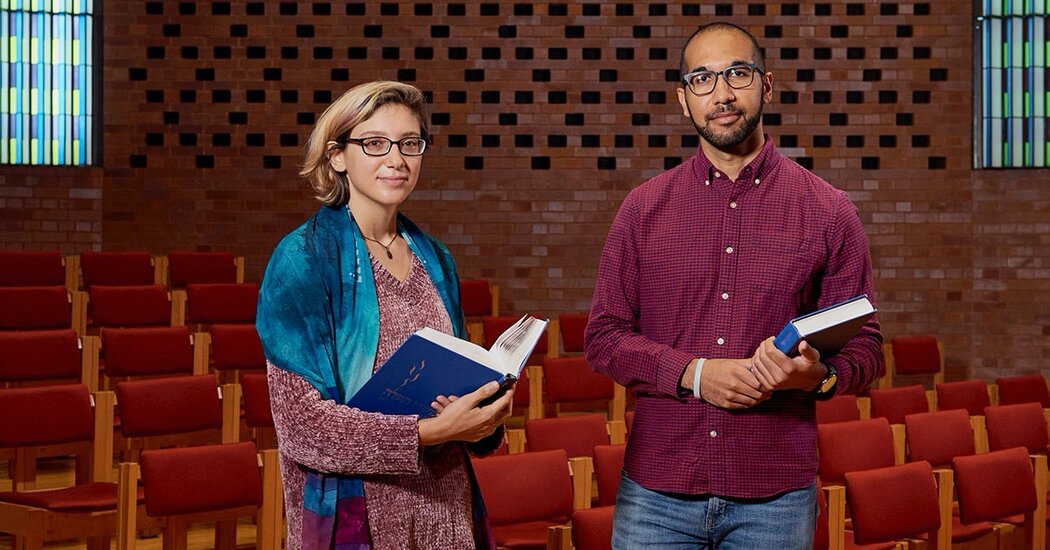The letter entered this fraught terrain when it asked American Jews to view the Mideast conflict structurally, as another instance of one powerful group’s oppressing the less powerful one. This was its most profound and destabilizing argument: That Jews, after two dozen centuries of dispossession, persecution and exile have the upper hand and the responsibility to act like it. Hannah Bender, a third-year student at Hebrew Union College, put it to me this way: “All of our texts were written during a history when we were the victims. What do we do now that we have power?”
You must log in or register to comment.


